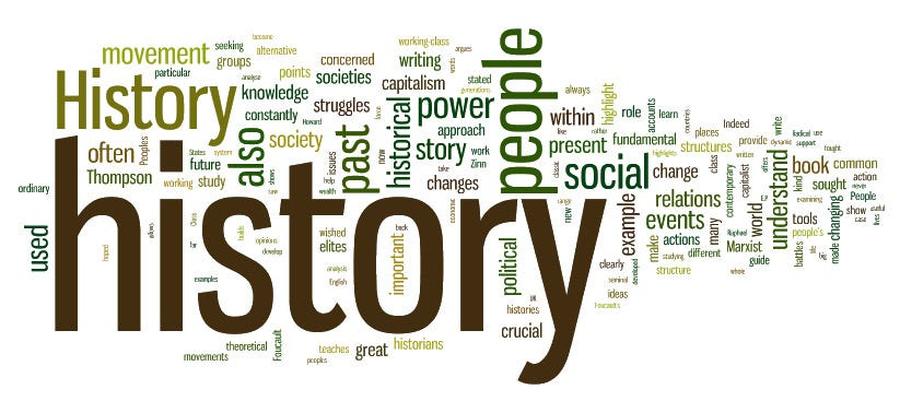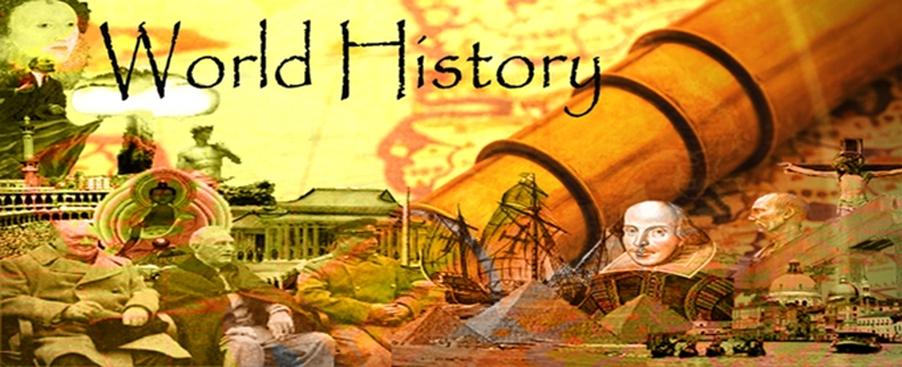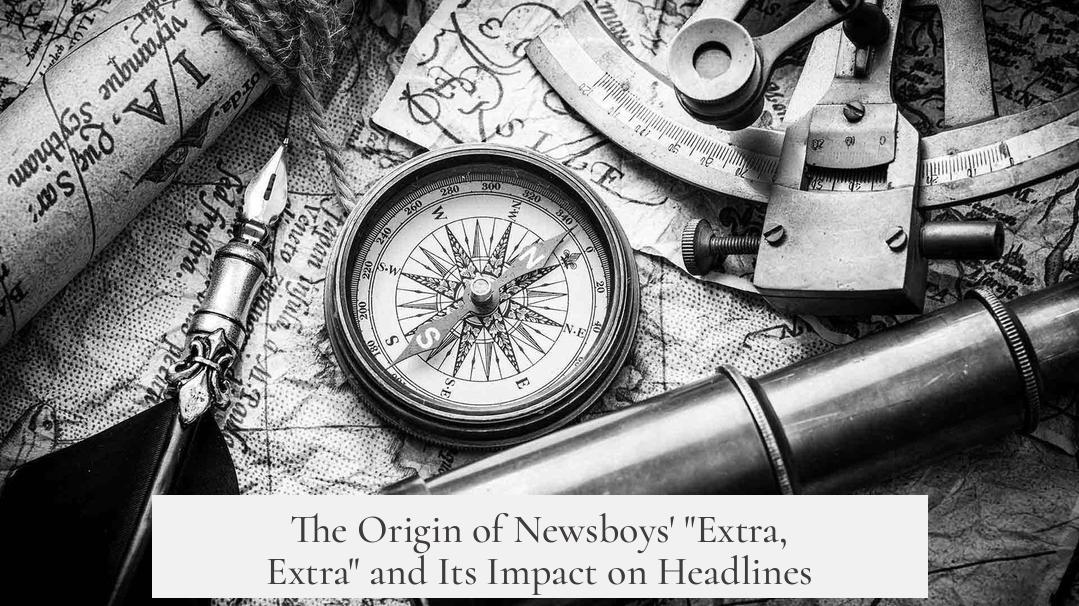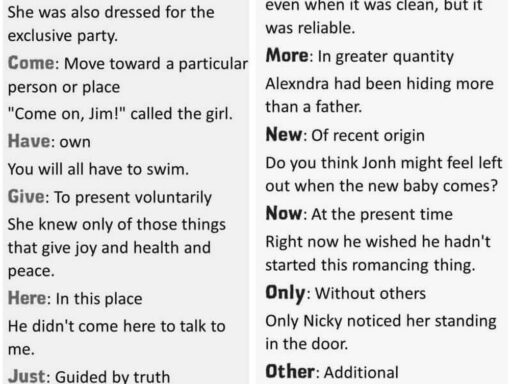The origin of newsboys shouting “extra, extra” traces back to the era before radio and television when newspapers printed extra editions for breaking news. These additional issues reported urgent or surprising events that occurred after the regular edition. Newsboys loudly announced “extra” to alert the public and boost sales of these special editions.

In the late 19th and early 20th centuries, newspapers often printed an “extra” edition whenever major events broke unexpectedly. This might include elections, disasters, or other significant stories. Newsboys had the job of selling these extra editions directly on the street. By shouting “extra” or “extra! extra!”, they grabbed attention and signaled urgency, prompting people to stop and buy a paper to get the latest updates.
This practice ended with the rise of broadcasting, but the phrase became embedded in popular culture. Movies repeatedly showed newspaper boys yelling “extra!” to heighten drama and create a distinct soundscape of city life. This helped transform the phrase into a cliché long after extras and newsboys disappeared.

Besides merely announcing breaking news, there was an important economic motive behind the shouting. Newsboys typically bought papers upfront and had to sell them at a markup. If unsold, they absorbed the financial loss. Many newsboys were homeless or impoverished youths. Urging the crowd by shouting “extra”—sometimes even without a new edition available—helped them make sales and avoid losing their own money.
Historical accounts from the 1880s and 1890s capture this tension. For example, a newspaper story quoting a newsboy calling “extra! extra!” and being challenged about the value of his paper highlights skepticism over whether newsboys exaggerated to sell more copies. This confirms “extra” functioned as both a genuine alert and a sales strategy.

The plight of newsboys inspired social efforts to aid them. Theodore Roosevelt Sr., father of President Roosevelt, supported a lodging house where homeless boys could find shelter, food, and schooling, with simple rules to encourage stability and opportunity. Known eventually as the Newsboys’ Lodging House, it symbolizes broader societal recognition of the challenges these children faced.
| Aspect | Details |
|---|---|
| Why “extra” was shouted | To announce an additional newspaper edition covering breaking news |
| Economic reason | Newsboys sold papers they bought themselves and needed strong sales to avoid losses |
| Cultural impact | Popularized through films and stories, becoming a lasting cliché |
| Social context | Newsboys often homeless; received support through lodging houses and charity |
| Historical references | Documented as early as 1885, with skepticism about honesty in shouting “extra” |
The distinctive pronunciation of “extra” as “extry” in the traditional shout is noted but not definitively explained. It may reflect the rapid, energetic speech pattern of street vendors aiming to attract attention quickly.

Today, headlines may still use the word “extra” ironically or nostalgically, echoing the era when urgent updates warranted a special edition. The phrase evokes immediacy and significance, connecting modern readers to a vivid tradition of newspaper history.
- Newsboys shouted “extra” to promote special editions with breaking news.
- They had a personal financial stake, motivating vocal sales tactics.
- The tactic became cultural lore through film and literature.
- Social support arose for vulnerable newsboys, recognizing their hardships.
- The pronunciation “extry” remains part of the iconic call’s character.
What’s the Origin of Newsboys Shouting “Extra, Extra” and Its Use in Newspaper Headlines?

The iconic cry of “Extra, extra!” comes from a time when newspapers printed additional editions for breaking news, and street-savvy newsboys loudly advertised these hot-off-the-press updates to boost sales. This phrase is not just a quirky cliché from old movies but rooted in a very real historical practice shaped by economics, culture, and social realities.
Let’s dive into the fascinating story behind those two words and their lasting impression on media culture.

Extra Editions: Printing News Hot and Fresh
Before TVs blinked images and radios blasted voices into homes, newspapers were the go-to for current events. When urgent or sensational news broke, newspapers printed extra editions, entirely outside the regular print cycle. These extras brought new developments right to the public’s hands at speed.
Newsboys—young entrepreneurs often on the streets—would shout “Extra! Extra!” to alert passersby that a fresh edition was available. The word “extra” was an immediate signal that something exciting had just happened or an important update required a new paper. This shouting pattern made the newsboys part of the news ecosystem, acting as living loudspeakers standing at busy corners.
The Role of Newsboys: More Than Just Shouters
These boys didn’t just yell to entertain. They actually bought the newspapers upfront from publishers and were responsible for selling them to the public. If the papers didn’t sell, the boys took a financial hit. Often homeless or living in precarious conditions, their survival depended on selling every copy. Imagine you’re a kid on the street with limited options. Yelling “Extra!”—even if no real extra edition existed yet—was a clever sales trick to grab attention!
One historical record from 1889 humorously captures this skepticism:
Newsboy—“Extra! Extra!” Gentleman—“How much is it?” Newsboy—“Two cents. Have one?” Gentleman—“No.” Friend—“Two cents is the regular price. Why didn’t you buy?” Gentleman—“If there had been anything worth reading, the boy would have charged five cents!”
This exchange highlights that the “extra” shout wasn’t always truthful, more a marketing ploy by desperate newsboys hoping to push papers off the racks. It’s a subtle reminder that even back then, newsy sales had their tricks and tensions.
Cultural Impact and Why We Still Say It
Fast-forward to the silver screen: Hollywood movies immortalized newsboys shouting “Extra, extra!” for dramatic punch, embedding the phrase into popular culture. Even after newspapers stopped printing extra editions and street vendors vanished, the phrase stuck in collective memory.
Why? Because it succinctly conveys urgency, excitement, and attention—a perfect attention grabber for headlines and media promos. Newspaper headlines sometimes mimic this style to signal breaking news or major stories, continuing the legacy in modern print and digital formats.
Social Reality Behind the Shouts
The story has a bittersweet side. Many newsboys were homeless or from impoverished backgrounds. Recognizing this, social figures like Theodore Roosevelt Senior supported efforts to provide shelter and schooling for these vulnerable kids. The Duane Street Lodging House in New York, nicknamed The Newsboys’ Lodging House, offered meals, rules, and education for a small fee, helping boys transition from street vendors to citizens with hope.
Understanding this context casts the cheerful and persistent “Extra! Extra!” yell in a new light—it’s not just a sales tactic but a survival cry from kids hustling to make a living under challenging conditions.
The Curious Case of Pronunciation: Why “Extry”?
If you imagine a newsboy yelling on a busy street corner, you might recall how “extra” is often pronounced as “extry.” Why?
While the exact reason isn’t completely clear, this distinct pronunciation likely evolved as a street-smart contraction—quick and punchy—to cut through urban noise. “Extry” is easier and faster to shout repeatedly, fitting the rhythm of a busy vendor needing to catch attention swiftly. It’s a natural linguistic evolution born from the hustle of city life.
Modern Usage: Headlines and Beyond
Today, you won’t find actual extra editions or newsboys shouting in the streets. But newspapers and websites still use “extra” in their headlines and alerts to evoke that sense of urgency and exclusivity. Think of it as a nostalgic nod with practical impact—words engineered long ago to get your attention quickly.
Media outlets broadcast breaking stories with banners reading “EXTRA!” or “BREAKING!” tapping into the same psychological trigger created by those intrepid newsboys.
Takeaways and Reflections
- “Extra, extra!” originated as a practical alert for additional newspaper editions covering urgent news. It was shouted by young newspaper boys needing to hustle sales quickly and efficiently.
- Not all “extra” shouters were honest—economic pressure led to creative exaggerations just to survive.
- The phrase has permeated culture, immortalized by film, and remains a template for grabbing attention.
- The social context reveals a side of hardship and resilience behind the cheerful cries standing on street corners.
- Pronunciation quirks like “extry” show how human habits shape language in practical, adaptive ways.
Next time you see “Extra! Extra!” flashing on your screen or read it in a headline, remember it belongs to a rich tradition of newsmaking, young hustlers, and social stories that helped shape our modern media world.
Who knew two simple words could carry so much history?
Why did newsboys shout “extra, extra” instead of just selling regular issues?
Newspapers printed extra editions for breaking news, outside their regular issues. Newsboys shouted “extra” to alert people that urgent or important news was available in those special editions.
Did newsboys always shout “extra” only when there was an extra edition?
No. Many newsboys bought papers upfront and had to sell them all. To sell more, they sometimes shouted “extra” even without new editions, using it as a sales tactic to attract attention.
How did shouting “extra” become a cultural cliché?
Movies and plays often showed newsboys dramatically yelling “extra” to draw crowds. This repeated depiction turned the phrase into a lasting cultural cliché, surviving long after extra editions and newsboys disappeared.
What is the connection between newsboys and homelessness?
Many newsboys were homeless and poor. Efforts like The Newsboys’ Lodging House provided them food, shelter, and schooling, recognizing their difficult social conditions behind the iconic shouting of “extra.”
When was “extra” first recorded as a phrase shouted by newsboys?
The phrase appears in writings as early as 1885. Newspaper accounts suggest people often doubted if “extra” really meant breaking news or if it was just a way for boys to boost sales.



